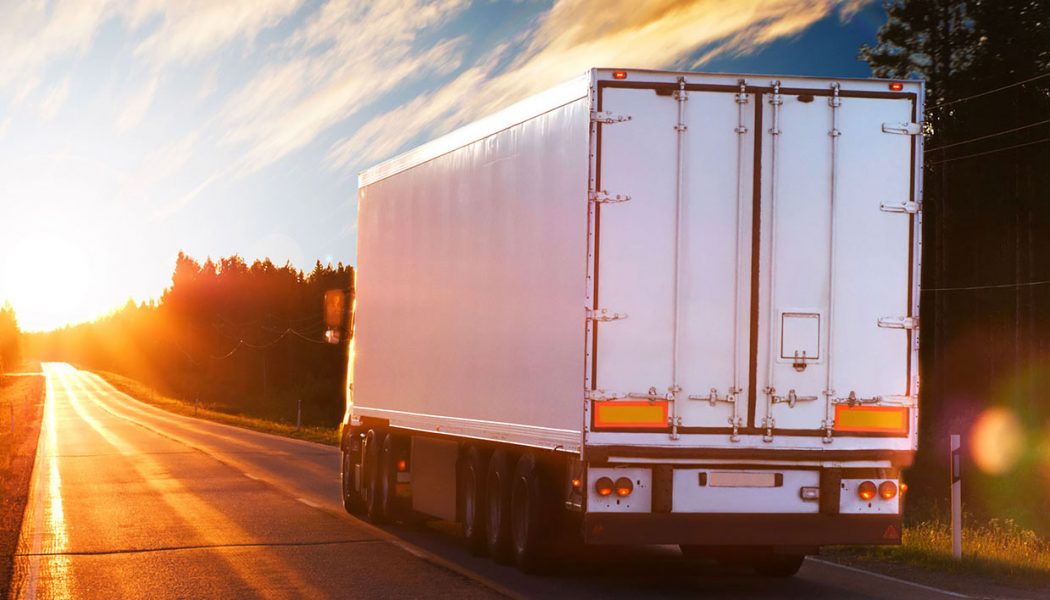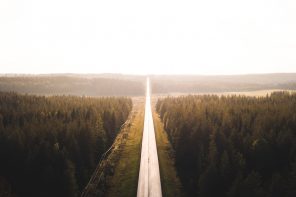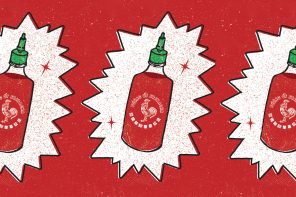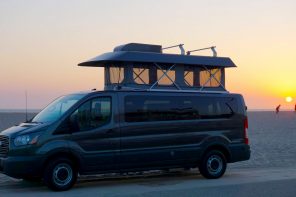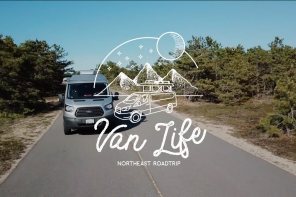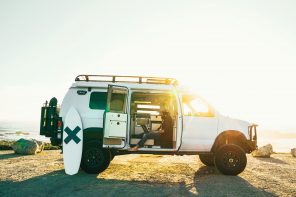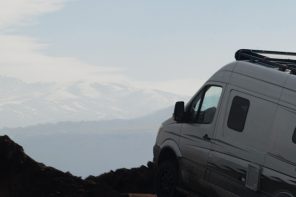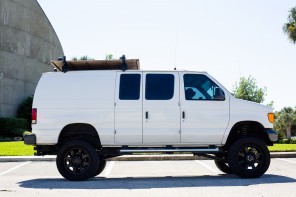Institutions and agencies in need should contact Brooklyn Bedding
On March 20, Brooklyn Bedding, a 25-year-old mattress company, put out the call, volunteering its full-production cut-and-sew factory to produce masks for medical professionals so much in need and found the right people to connect with in that effort. It has developed a mask prototype that is currently being tested. The company is also doing what it does best, manufacturing specialized mattresses, to meet the rising demand for hospital beds.
To create a specialized mattress most suited to the needs of hospitals during this time of crisis, Brooklyn Bedding adapted a proprietary technology developed 16 years ago to give long-haul truckers a more comfortable place to spend the night in their sleeper cabs that also had an unexpected practical application. The company has for years also developed similar custom mattresses for RV and campers and is ready to produce mattresses on an on-demand basis and roll-pack and ship them in compact boxes for efficient delivery.
The company was approached by one of the country’s largest trucking companies to develop a unique solution to a problem.
The new specialized hospital mattresses are born from the same design that met truckers’ needs, and feature a vinyl cover with creased corner seals to resist liquid permeability. According to Brooklyn Bedding, the story goes that the company was approached by Knight-Swift Transportation, one of the country’s largest trucking companies, to develop a unique solution to a problem: At the time, truckers used the mattresses from their sleeper to attempt to soak up diesel fuel spills in the event that one happened. Makes sense—that’s what they had on hand. But the mattresses, while handy, were not the best for the job. They might have been absorbent but would leak diesel everywhere once the job was done. Brooklyn Bedding developed a proprietary vinyl with creased corner seals that surrounded the cotton layers that could absorb up to 60 gallons of diesel fuel and mitigate the environmental hazard—the vinyl “buckets” would stop the absorbed diesel from getting out. That same vinyl cover construction and materials, provides the extreme waterproofing features needed by hospitals.

